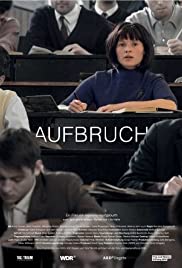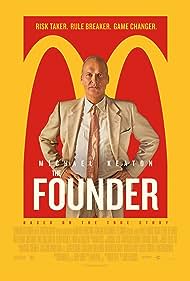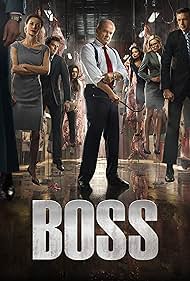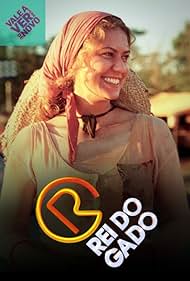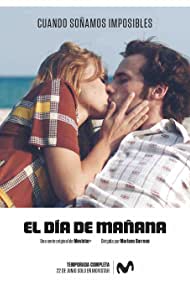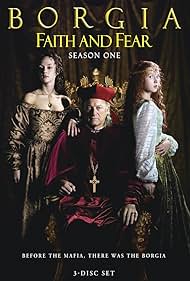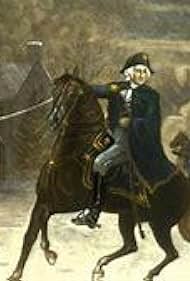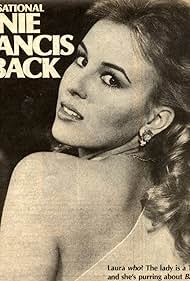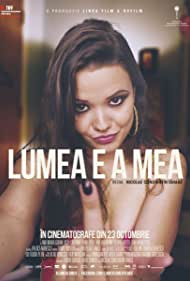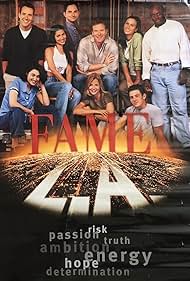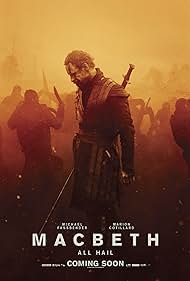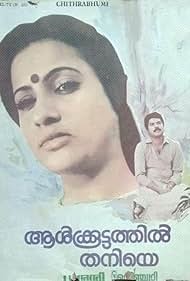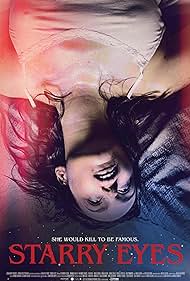Departure Soundtrack (2016)
Synopsis
Hilla made it: Because the parish pays for her school fees, she can attend the secondary school and do her Abitur. But her family is skeptical about Hilla's love of languages, books and education. Her father is a simple laborer, her mother works as a cleaner, and her grandmother helps around the house. Hilla, who is the only one in the family who has learned High German, seems like a foreign body in this uneducated world. What does the girl with the high school diploma want? In Germany in the early 1960s, a young woman is supposed to start a family, everything else "is just nonsense". But in the pastor of her church, Hilla has a strong advocate who even promises her a scholarship to study. In high school she is an outsider at first. Not only her poor clothes, but also her ambition and her erudition are initially suspicious to the others. Hilla really feels at home in Julius Buche's bookshop, where she stocks up on her beloved literature - as long as she can afford it. There she also meets a young man, Godehard van Keuken, geology student and scion of a rich family. The two grow closer and Godehard opens the door to a new world for her. But can it be all right: she, the poor girl, and he, the rich factory owner's son? Another important person in Hilla's life becomes her classmate Monika Blumental, a wild, beautiful girl with wealthy parents, with whom Hilla becomes friends. Hilla is torn between the constraints and limitations of her origins and what could be. She has to fight for her way, for her longing for free thinking in the midst of the limitations of the Adenauer era. Because her goal of leading a self-determined life as a writer doesn't fit in at all with what her parents and husbands expect of her. The lifeline remains the scholarship for her studies, which she only gets if she overcomes her difficulties in mathematics. And when Hilla becomes the victim of an act of violence, what she has experienced threatens to ruin her plans for the future.
